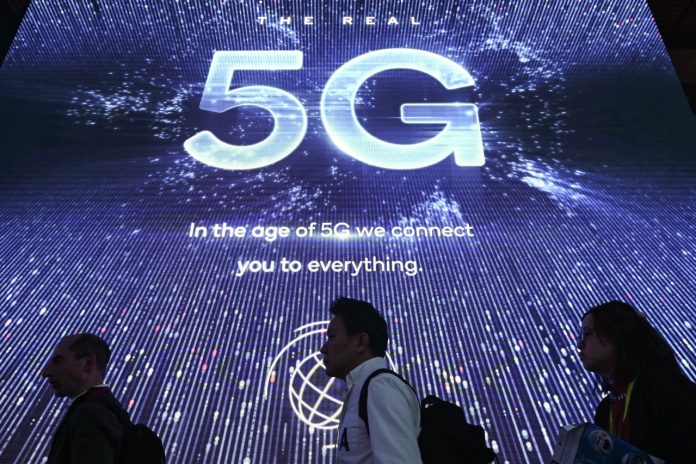Snapshot
- Logic dictates that spectrum prices must be cut, and cut drastically — perhaps by 30-50 per cent in various bands.There is a moral hazard in pricing spectrum too high, even assuming some of it can be sold.
The anchoring effect is a well-known decision-making trap. It is a human bias that induces people to look at the first available price information as the “anchor” fact, and final decisions are built around it. Thus, if a shopkeeper tells you upfront that the price of an item is Rs 100, and then lowers it to Rs 90, you think you have got a bargain even if the actual value is Rs 50. This is because the mind calculates the benefit from the anchor figure of Rs 100, and not any other realistic figure.
The Modi government’s auction of 5G spectrum, where it will offer over 8,600 MHz of spectrum at very high reserve prices, suffers from the anchoring effect. Despite two previous flop shows, it is again trying to price spectrum exorbitantly primarily because of what the price was the last time.
If all the spectrum on offer this time — the auction could take place in the third or fourth quarter of this fiscal year — is sold at currently touted reserve prices, the government will net nearly Rs 5.8 lakh crore. But that ain’t happening, given the parlous state of telecom finances.
While the total spectrum on offer includes many bands, the key ones that are said to be most suitable for 5G services (3,300-3,600 MHz) now carry a recommended reserve price of Rs 492 crore per Mhz. The Telecom Regulatory Authority of India (TRAI), when it made this recommendation in August last year, had suggested that this range be sold as a single band in lots of 20 MHz each, says a Mint report.
In the previous two auctions, in 2015-16 and 2016-17, only a minuscule portion of the spectrum offered was sold. In 2016, barely 12 per cent of the Rs 5.6 lakh crore spectrum on offer was sold.
The government, whose broadband-for-all vision calls for making bandwidth available at low prices in order to end the digital divide, has two contradictory aims: on the one hand, given the high fiscal deficit staring it in the face this year, it would like to maximise revenues from 5G auctions. But, if it wants to keep 5G prices affordable to the user, it cannot keep reserve prices so high.
Let’s also not forget another important market reality. In 2016, there were still seven or eight players in mobile telephony. Now there are just three, Reliance Jio, Bharti Airtel and Vodafone Idea. One has to exclude state-owned BSNL and MTNL who don’t bid at these auctions.
Of the three big players, Bharti and Jio are in some position to bid for airwaves, but Vodafone Idea’s finances are in greater trouble, and the company does not want any auction before 2020.
Put another way, there is a duopoly (Bharti and Jio) that will ensure that bids will come only at the bottom end of the spectrum reserve price, and even this spectrum will be a fraction of what is on offer. The government will be lucky if it manages to sell even a tenth of what it is offering.
Logic dictates that spectrum prices must be cut, and cut drastically — perhaps by 30-50 per cent in various bands.
There is a moral hazard in pricing spectrum too high, even assuming some of it can be sold.
First, it will make all telecom players load up again on debt, and their financial capacity to deploy the needed investments for rolling out 5G services will be weak.
Second, the bulk of the money will again have to come from the banking system, at a time when banks are still struggling to clear their previous load of bad loans, some of it due to failed telecom firms like Reliance Communications and Aircel, which are now at the bankruptcy courts.
The only way out is lower spectrum base prices, a much longer timeframe for payment of the bid prices over a 20-year cycle, easy availability of spectrum on tap at last bid prices before the next auction, and the right to lease spectrum with minimal additional cost to the lessee.
The other option is a flop show. Government may have a monopoly on spectrum, but there is now a near monopsony facing it. Both sides now have equal power to determine the price.


